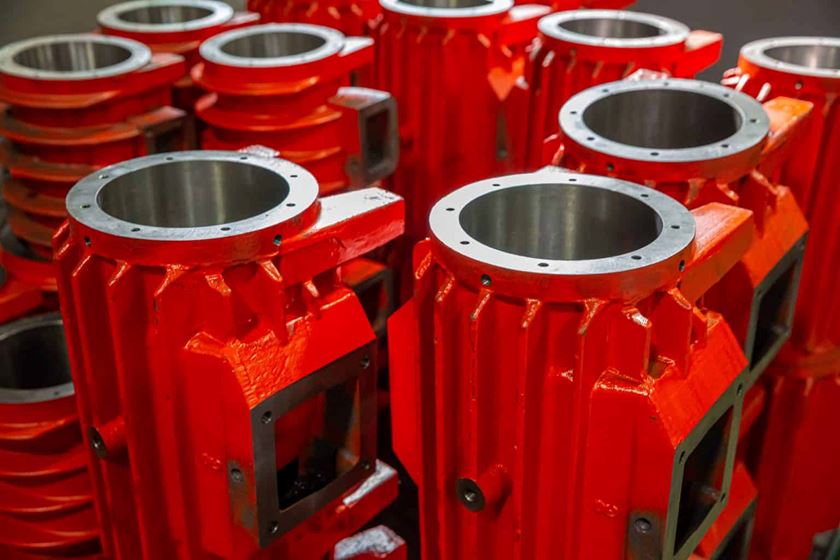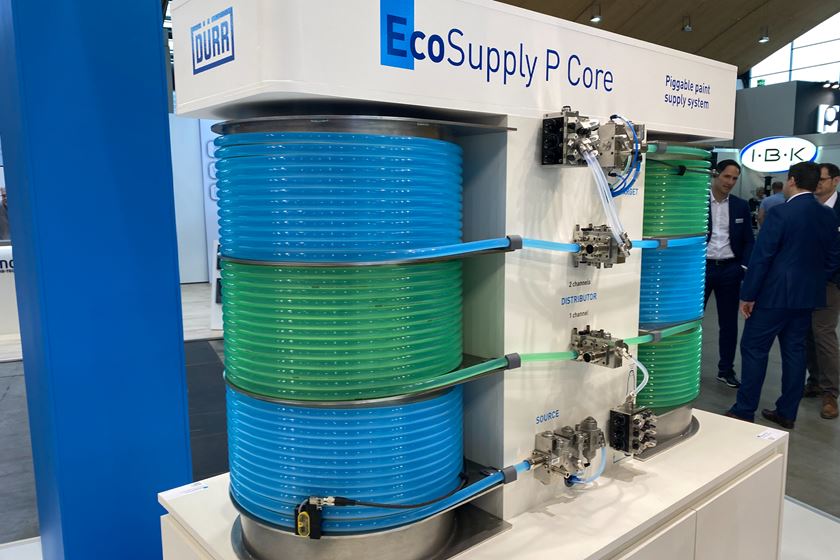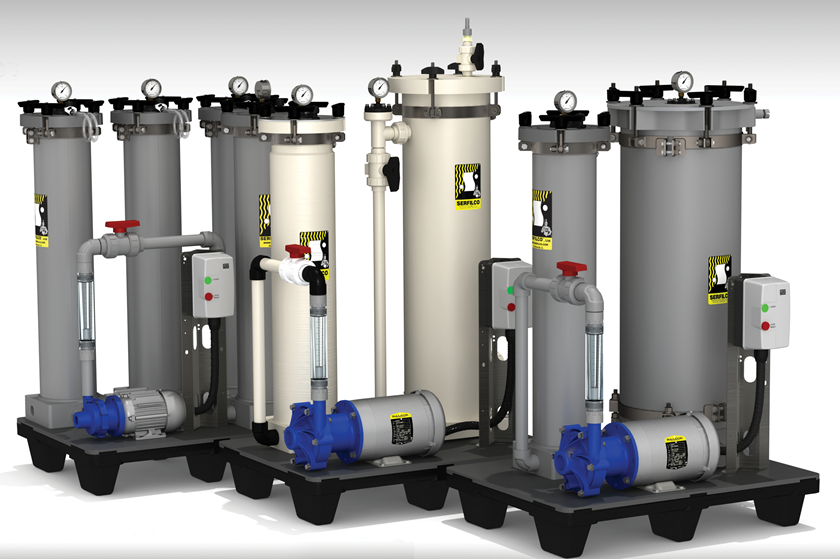Yes, the Economy is Lousy
This makes it a great time to transfer your business to your kids.
#economics
Did you notice that the title of this article does NOT say “sell?” Instead, it says “transfer.” About once a month I get a call from a reader of this column (Joe) who wants to sell his business to his kids. After a short conversation, Joe understands why a sale is a terrible idea.
In this case Joe’s son, Steve, wants to buy Success Co. for $1 million, fair market value. Follow these strangling tax numbers: Steve must earn about $1.66 to have $1 left to pay to Joe (typically 40% in income tax on $1.66 is 66 cents in tax). Steve pays the full $1 to Joe. Steve cannot deduct any portion of this $1 because the purchase of stock is simply a nondeductible capital expenditure.
Featured Content
What about Joe? Steve pays his dad that $1 (plus interest). Joe must pay a capital gains tax (typically 15%) on the dollar and pay his top tax bracket (say 40%) on the interest income. Okay, Joe has 85 cents left after paying the capital gains tax on the $1. If Joe doesn’t spend that 85 cents, the IRS gets up to 55% (using 2011 rates) for estate taxes. That’s another 47 cents for the tax monster, leaving Joe’s heirs with only 38 cents. Let’s review. Steve must make $1.66 for Joe to leave his family 38 cents. Turn that into $1,660,000 for Steve—with a $1 million price for Success Co.—to make, while Joe’s family only gets $380,000. Lousy tax planning.
If you are lucky enough to own a family business that’s currently enjoying big profits or larger profits each year, the sooner you make the transfer, the better. You will freeze the value of your business and stop the potential loss of estate taxes on your increasing wealth. Unfortunately, most family businesses are suffering reduced profits or losses in these tough economic times. The value of such businesses is at a low point, giving you a window of opportunity to make a tax-advantaged transfer.
Let’s walk through the simple three-step process for transferring your business.
1) Recapitalize the company. The old common stock disappears and is replaced by voting stock (say 100 shares) and nonvoting stock (say 10,000 shares). This is a tax-free transaction. Now, you can keep the voting stock and control, while transferring the nonvoting stock to your kids.
2) If you are a C corporation, elect S status.
3) Sell your nonvoting stock to an intentionally defective trust (IDT). Here are some benefits:
a) Huge discount for tax purposes. The nonvoting stock—because of various discounts allowed by the tax law—has a value of about 60% of the stock’s real value. (A note: The Obama administration is proposing a tax law change for sometime in 2009 that will eliminate these discounts. This tax-saving opportunity could soon be history.)
b) Tax-free. The IDT will pay for your nonvoting stock. The note will be paid, including interest, to you by the IDT, using dividends from your company. Typically, it takes 5–8 years to pay off the note. All the payments you receive, plus interest, are tax free. When the note is paid off, the trustee of the IDT distributes the nonvoting stock to the beneficiary with no tax consequences.
c) The ultimate transfer of the stock to your kids is not considered a gift for tax purposes, leaving your annual gift exclusion ($13,000) and lifetime exemption ($1 million) available for other estate planning strategies.
d) The stock transfer to your kids is not in the community, which mean their spouses have no interest in the stock—a big deal should your child get divorced.
e) An IDT also works if you want to transfer your business to other people: most commonly, other shareholders or employees.
RELATED CONTENT
-
2020 Top Shops Benchmarking Survey Results for Electroplating & Anodizing
North American Market Shows Mixed Results for the 2019 Reporting Year
-
Impact of REACH Regulation on the Global Finishing Market
This paper is a peer-reviewed and edited version of a presentation delivered at NASF SUR/FIN 2012 in Las Vegas, Nev., on June 12, 2012.
-
Powder Coating PVC?
Question: I have a product that I am trying to get to market.


















